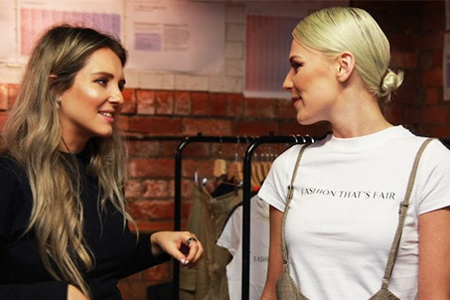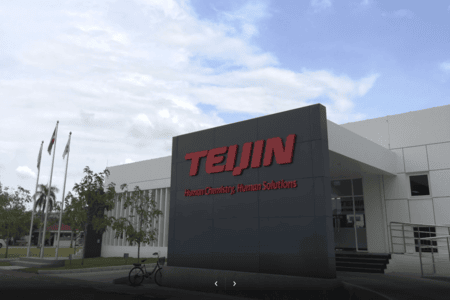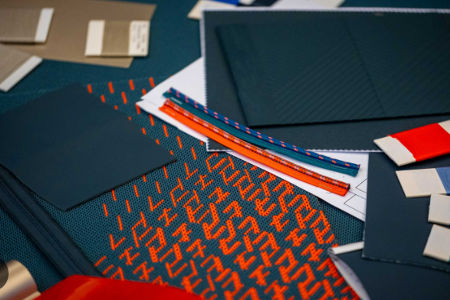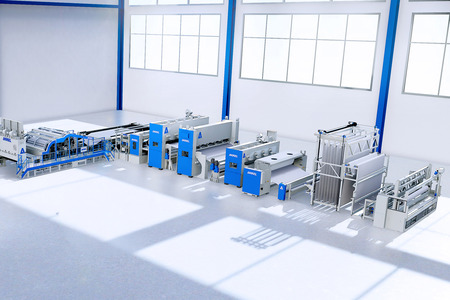
Environmental cost of ‘fast fashion’ is not sustainable
YarnsandFibers News Bureau 2020-04-27 10:57:06 – United KingdomUrgent fundamental changes to ‘fast fashion’ clothing items which are treated by many as disposable is needed to stem a devastating impact upon the environment according to scientists.
The fashion industry has been heavily criticised for the devastating environmental pollution caused by its global operations. Despite the widely publicised environmental impacts, however, the industry continues to grow, in part due to the rise of fast fashion, which relies on cheap mass-manufacturing, frequent consumption and short-lived garment use.
A new research paper published in Nature Reviews Earth and Environmentreviews state-of-the-art research to examine the environmental impacts at critical points in the textile and fashion value chain from production to consumption, focusing on water use, chemical pollution, carbon emissions and textile waste.
Impacts from the fashion industry include, over 92 million tonnes of waste produced per year and 1.5 trillion litres of water consumed, alongside chemical pollution and high levels of CO2 emissions.
Dr Patsy Perry from The University of Manchester said: “We highlight the need for urgent and fundamental changes in the fashion business model to minimise and mitigate the detrimental environmental impacts.”
“A transition away from fast fashion towards slow fashion requires a slowdown in manufacturing volumes, the introduction of sustainable practices throughout the supply chain and a shift in consumer behaviour to reduce the amount of new clothing being purchased and increase garment lifetimes. Such systemic changes could improve the long-term sustainability of the fashion supply chain.”
A solution to the negative environment cost would require substantial changes in the industry. A move towards ‘slow fashion’ would encourage the industry to focus on more sustainable practices, including the deceleration of manufacturing and an emphasis on better-quality materials which last longer.
Kirsi Niinimäki, co-author of the paper and Associate Professor at Aalto University said: “Slow fashion is the future, but we need a new system-wide understanding of how to transition towards this model, requiring creativity and collaboration between designers and manufacturers, various stakeholders, and end consumers.”
As well as industry required to be open to adopting large-scale changes in practice, consumers also have a crucial role and must change their consumption habits.
Source: The University of Manchester
Market Intelligence
Ask for free sample Report

experience
Customer Base
dedicated team
Countries Served Worldwide









